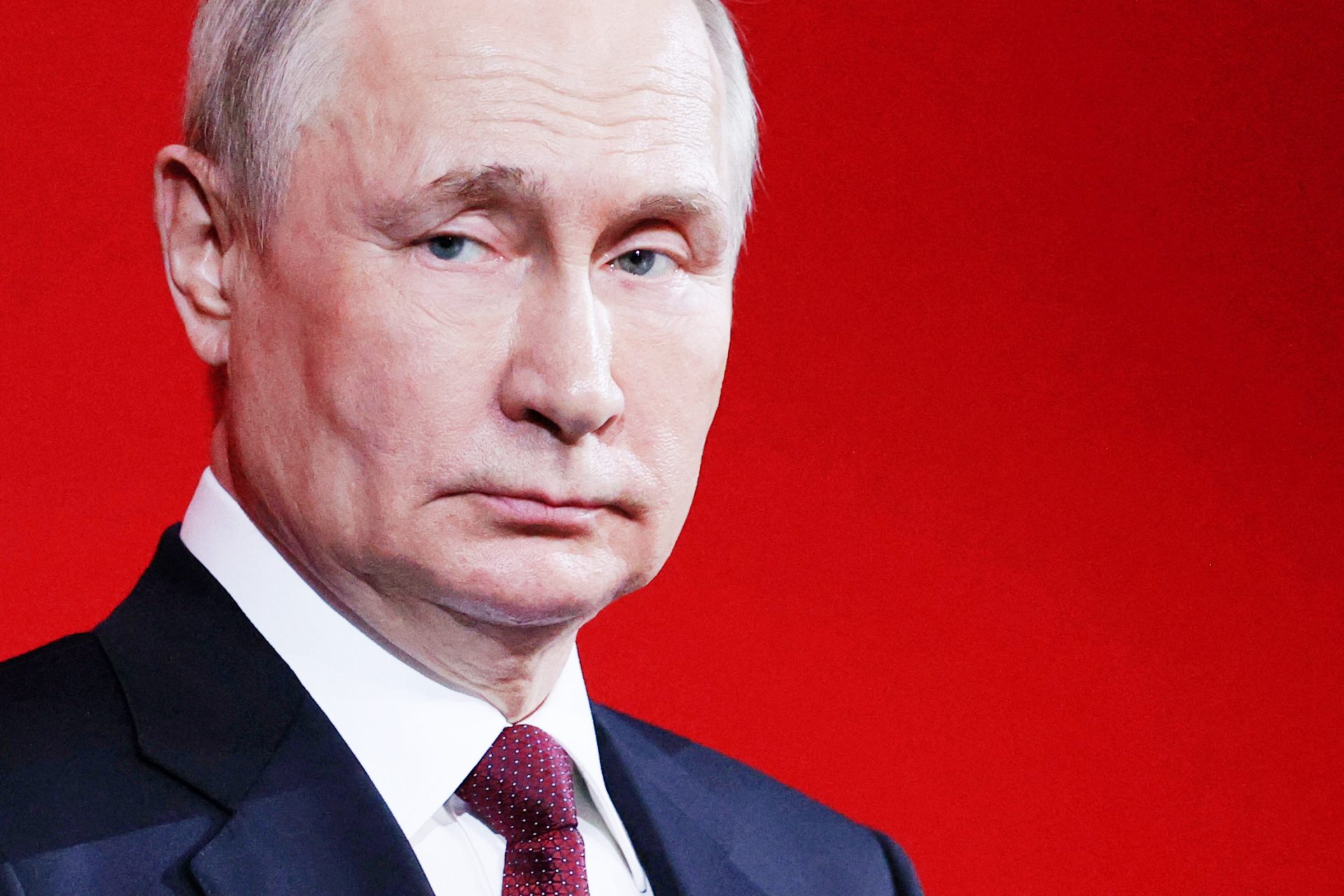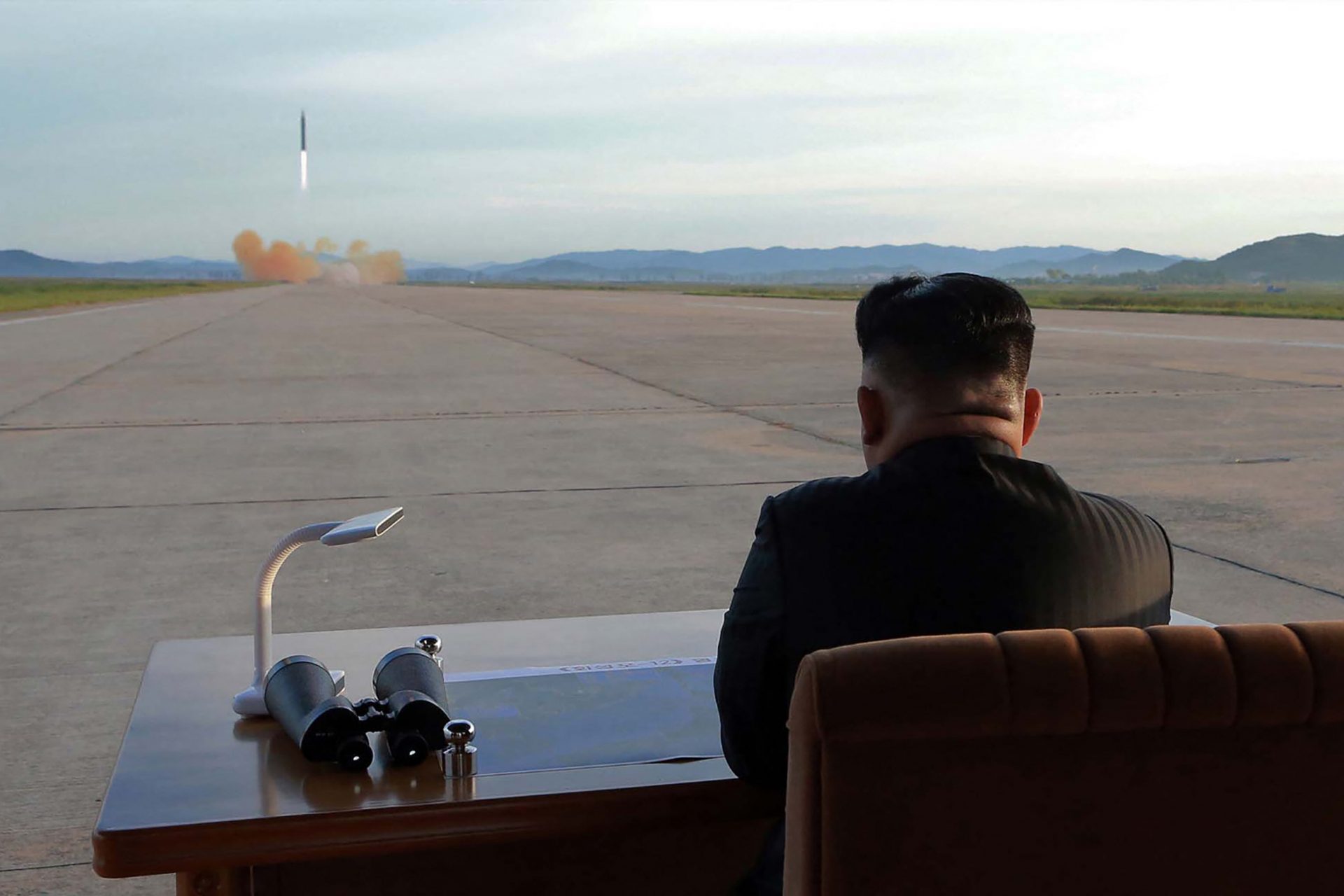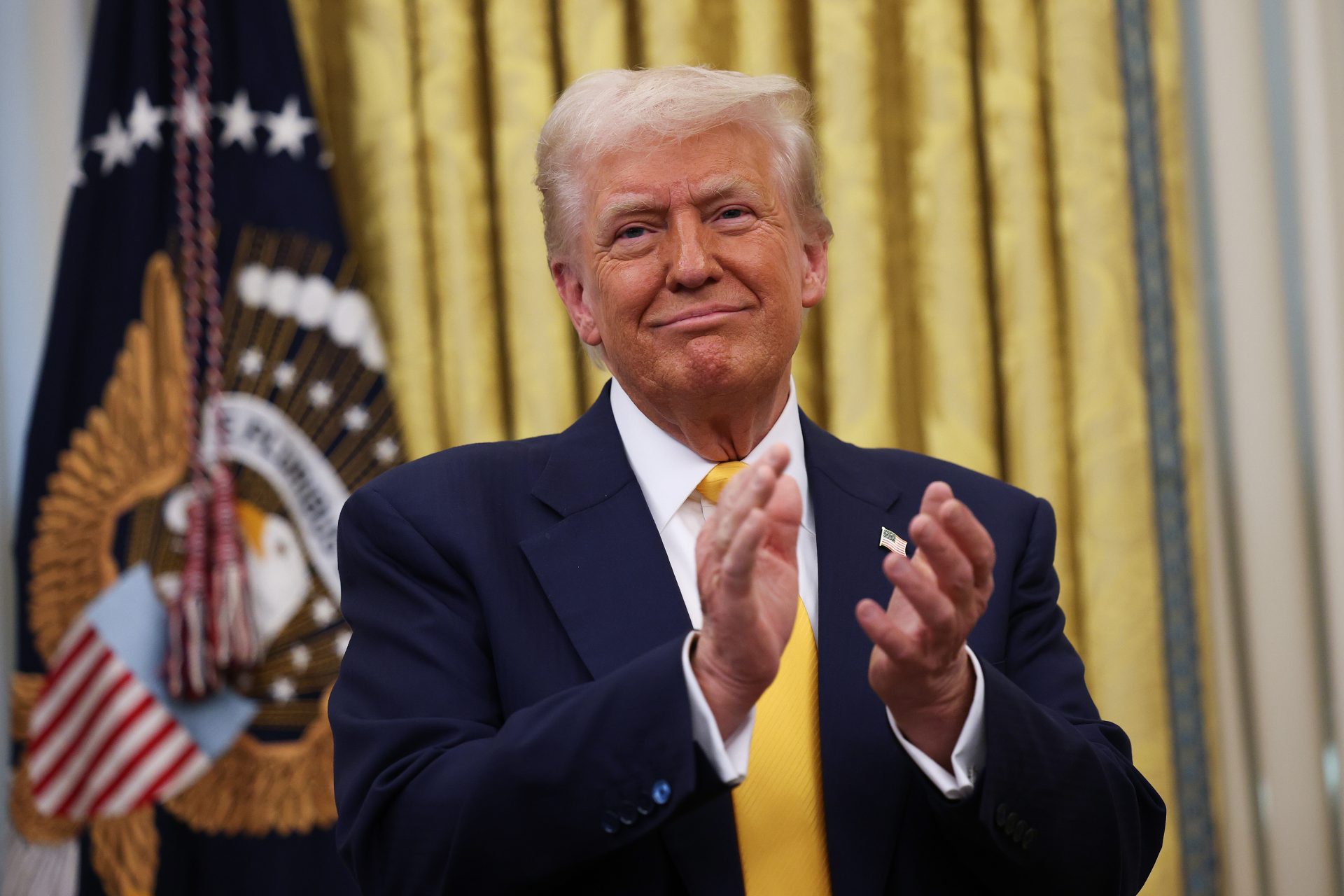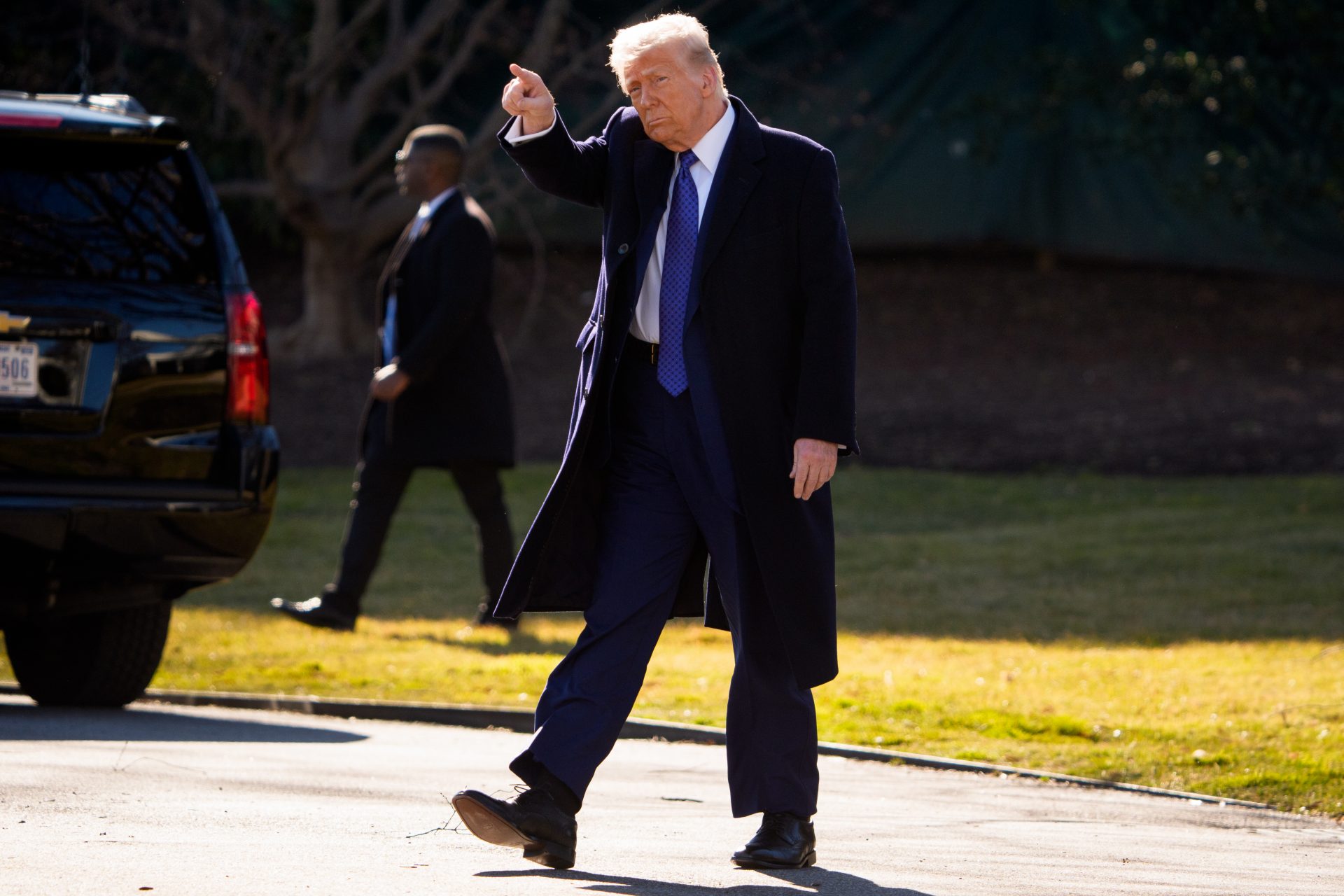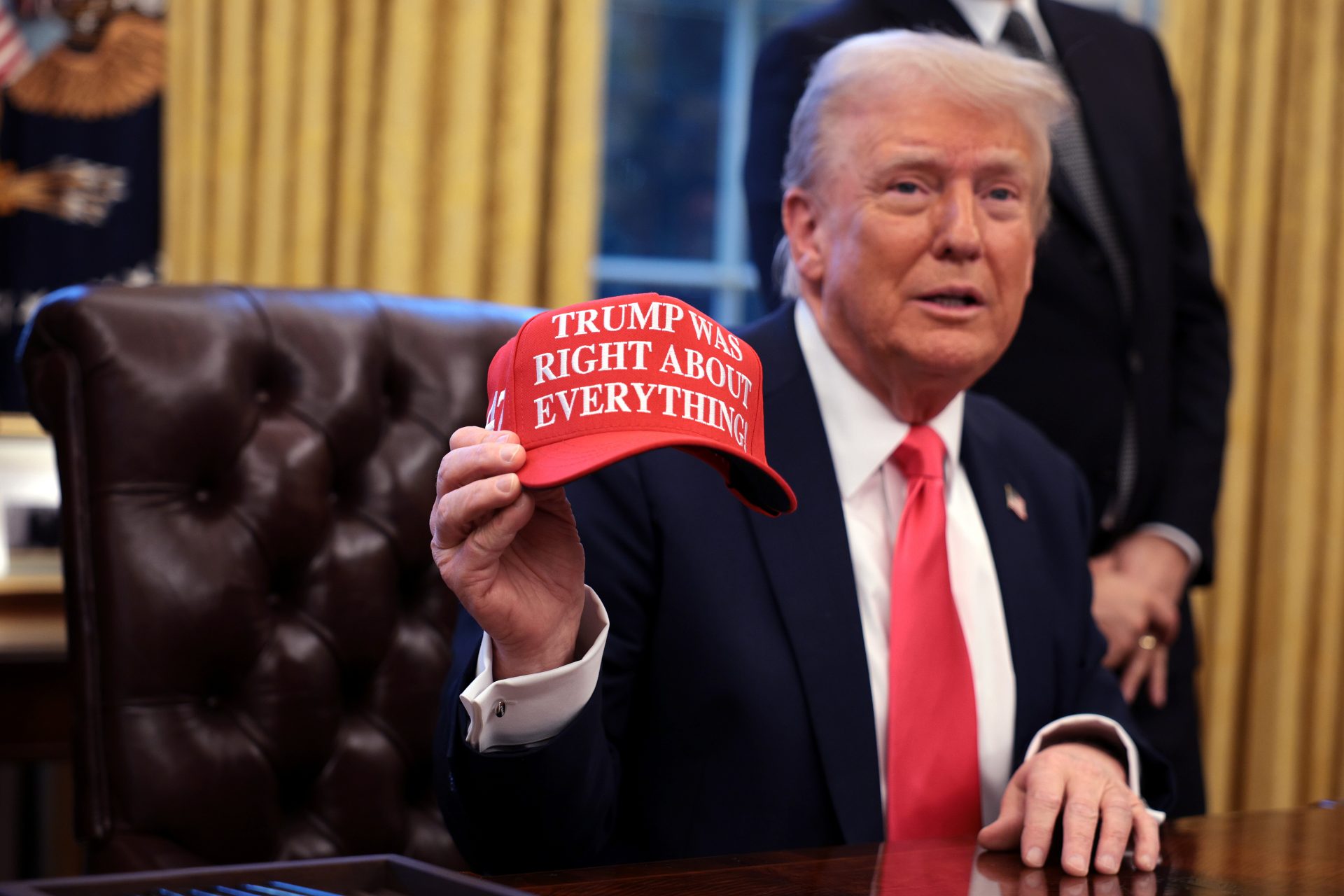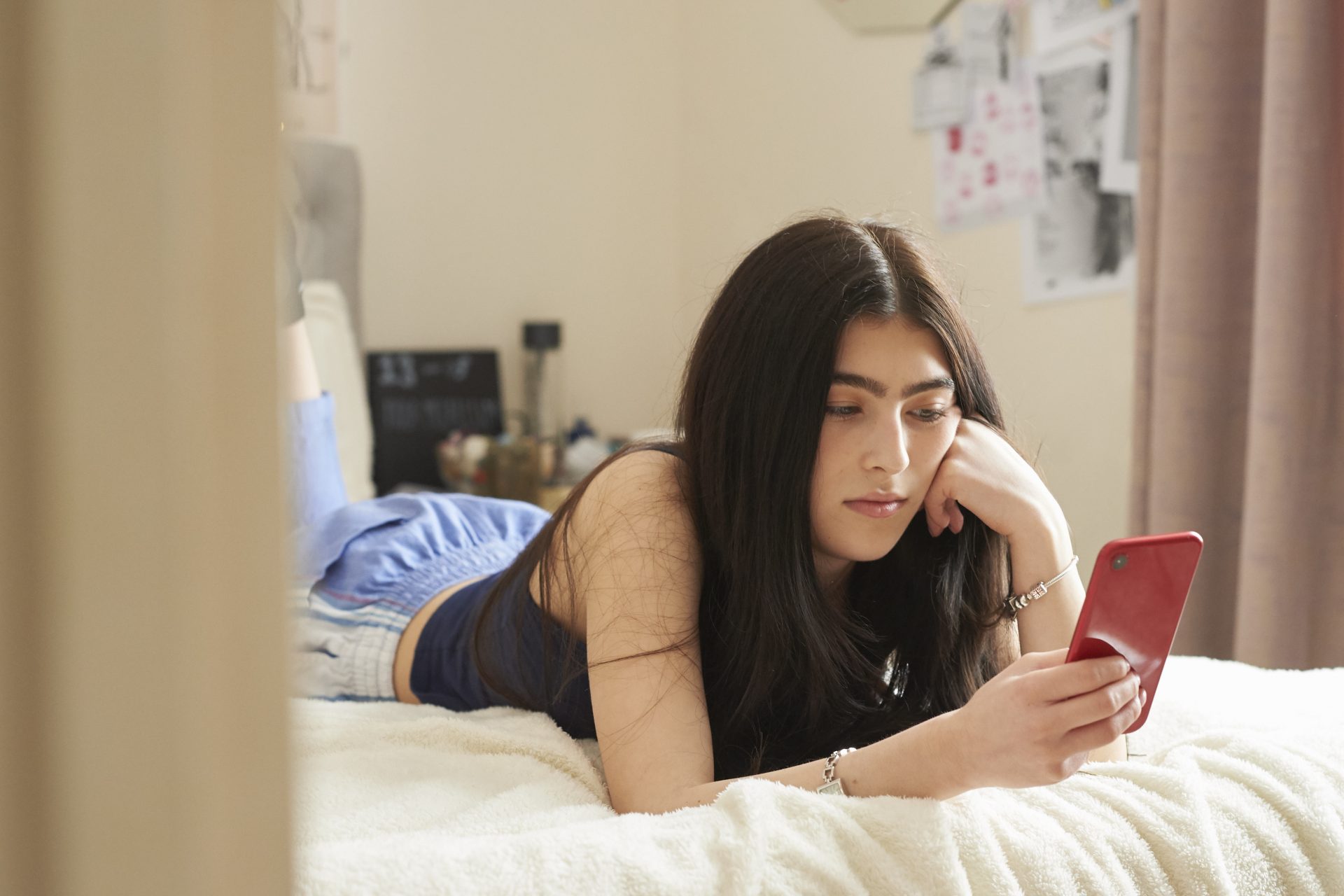China abandons key Covid restrictions amid ongoing protests
The Chinese Communist Party is lifting several of its most draconian Covid policies after a week of landmark protests against the government's strict controls on the Chinese population.
Chinese citizens will no longer be forced into quarantine camps as part of the new changes to China’s Covid Zero policy, and people can now isolate at home rather than at state facilities.
"Finally! I will no longer worry about getting infected or being taken away as a close contact," one person wrote on Chinese social media.
The change marks a significant departure from Xi Jinping’s Covid strict Covid Zero policy and may mark the beginning of China’s “opening up” process and transition towards living with the virus. But how did China get here?
Major protests broke out all throughout China last week after a deadly fire in one of the country’s far-western provinces left ten people dead and injured nine others.
The blaze began at an apartment complex in the city of Urumqi and was the trigger point for widespread protests because of the Covid-19 lockdown procedures that prevented rescue workers from accessing the scene.
Public fury began shortly after a video was released online that appeared to show firefighters being delayed from reaching the scene by the city’s stringent lockdown measures.
Urumqi was under lockdown for more than 100 days and all of its residents were restricted from leaving the region while many others were forced to stay inside their homes.
This revelation was the last straw for many in China who have had to endure a string of never-ending lockdowns as the Chinese Communist Party has stuck to its “Zero Covid” policy.
Back in February videos surfaced on Chinese social media of government officals in Wuhan welding the doors of apartment buildings shut to lock residents inside and in August a video of shoppers rushing out of an IKEA in Shanghai attempting to avoid a quarantine made its rounds across the internet.
However, after the incident in Urumqi, frustration finally boiled over into outright hostility and protests erupted all over China with thousands in Hotan, Shanghai, and Beijing calling for Xi Jinping to step down as party chairman.
In response to the growing protests, China’s vast security apparatus has moved quickly to quell the unrest. Thousands of police have been seen patrolling the streets.
“In major cities,” wrote CNN journalists Nector Gan and Philip Wang, “police flooded the sites of protests that took place over the weekend… some calling for greater democracy and freedom in an extraordinary show of dissent against Chinese leader Xi Jinping.”
The heavy police presence discouraged some protestors from gathering but far more important was the revelation of the full use of surveillance tactics that the Chinese government has been developing since the start of the mobile phone era.
“China’s internet watchdog is stepping up its regulation of cyberspace as authorities intensify their crackdown on online dissent amid growing public anger against the country’s stringent Covid restrictions,” wrote Laura He, a columnist at CNN.
It seems that internet users were to be held liable for what they like online. Officers in China were also using cell phone data to locate protestors and visit them at their homes.
Officers checked phones for apps that have been banned in the country and have been deleting pictures of demonstrations, warning them not to return to the streets to protest.
“When the police came to my door, I had to delete my text records,” a Beijing resident told reporters from the New York Times.
Two protestors also told Reuters news agency that they received calls from officials identifying themselves as Beijing police officers and requesting that they report to a police station on November 29th to provide written accounts of their activities on November 27th.
Top Chinese officials called for crackdowns in the wake of the protests as a warning to those who would plan continued demonstrations against the Chinese Communist Party’s Covid-19 policies.
The ruling Communist Party's Central Political and Legal Affairs Commission, which oversees domestic law enforcement across China, said on November 29th that it would be "necessary to crack down on infiltration and sabotage activities by hostile forces in accordance with the law".
But no major crackdowns ever came, instead China's government relaxed its Covid rules. In addition to removing state-facilitated and mandated quarantines, the Chinese population is now allowed to use Lateral Flow tests instead of PCR tests, areas of high risk will leave lockdown if no new cases are found after 5 days, and schools will remain open if there is no wider outbreak on campus.
China’s government also banned the blocking of fire exists and doors so the country could avoid a repeat of what happened in Urumqi.
More for you
Top Stories


























